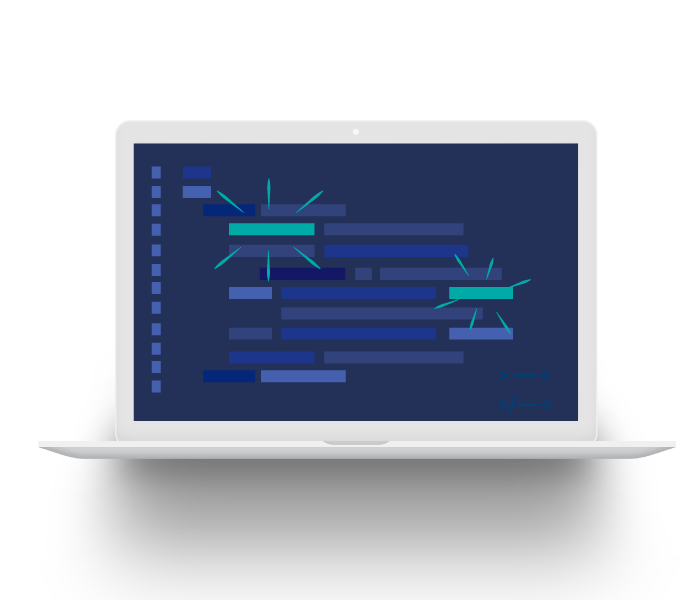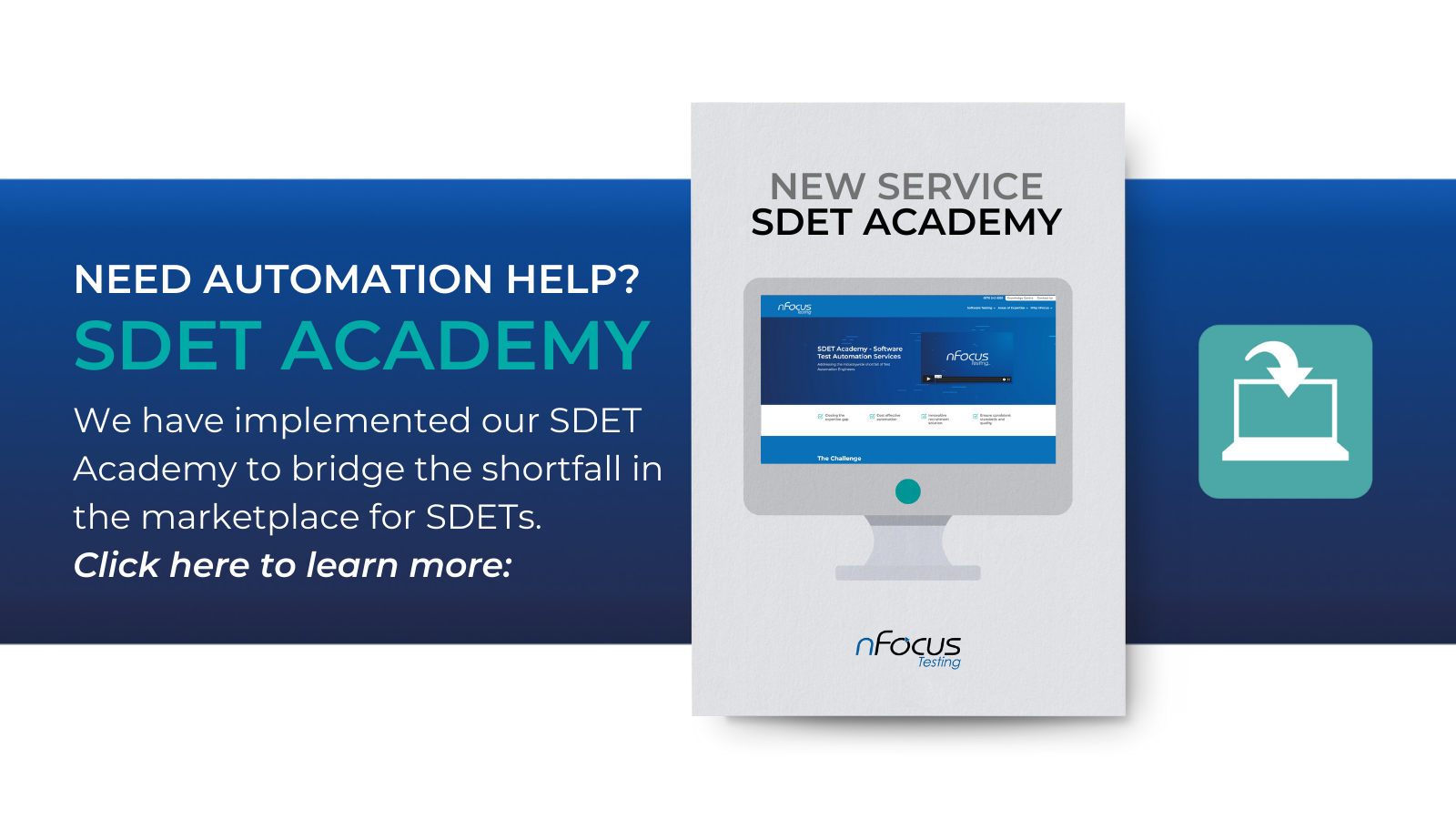Recently, I’ve been reflecting upon the evolving software testing role. Here are my reflections, some of which may be present in your organisation.
The Role Definition
Historically, the role was defined as a ‘Tester’ or a ‘Test Analyst/Software Test Analyst.’ In recent years, it’s changed to ‘Software Engineer.’ The role has evolved along with technology and now requires a degree of programming knowledge. The original remit was fairly set and involved reading, questioning, analysing and lots of manual keying. Current day requires automation skills for data creation, performance testing, use of API automation and generic regression test execution.

Progress Monitoring:
Daily progress meetings changed from being an hour long by default, to being 15-minute daily scrums or shortened ‘catch-ups'. Often, meetings are no longer a daily thing so it shows attention to the ‘value-add’ factor, cost benefit analysis over spend in time and effort. There has also been a notable increase in partial or time slot-based attendance. This is where relevant stakeholders attend briefly to update peers, specific to balancing their efforts on critical tasks versus the need to supply information; or take part real-time in discussions about their activity.
Instead of room bookings and meetings in person, sourcing whiteboard pens, projectors and chairs. As well as avoiding clashes with other parts of the business, we initially moved from an office room to daily stand-ups which are now on Zoom or Microsoft Teams.
Resourcing:
The outsourcing model became widely adopted using offshore suppliers for fixed term contracts with a UK to India ratio model. This has changed to a more customised blended model, with more flexibility. Location matters less, providing the internet connectivity is sufficient, robust and the time zone difference does not affect in a negative way.
In fact, differing time zones has optimised test team capability as it expands the testing window, aids enterprise scaling according to fluctuating demands and commercials. The benefits of global, cloud-based and more flexible resourcing has been balanced with cultural differences, conflict, differing country holidays.
The model is very price driven and contractual accountability can be used as leverage to achieve commercial gains agreed by multiple suppliers.
The Location:
Location has been mandated where possible in-line with Government guidance. The shift to sudden remote working in ways we had not seen before on this same scale. The results have shown far less in city commute congestion, traffic related stress and much less single occupant vehicle pollution.
Office politics appears to be reduced. On the other side, remote working has increased dependency on virtual communications so it has honed skills in other areas. We have all adapted in some way and business/life continues.
Reporting:
This has become more customised, sometimes automated, with detailed drilled down options for those who want/need to know more. Such as high-level dashboard MI for those who need quick glance at showstopper target-based data.
The reports are less standardised now so that different individuals at diverse levels can influence the format, content and frequency of reporting according to the size, scale and nature of the delivery according to who is in charge such as sponsors, recipients, customers.
Project Activity / Content:
There is significantly more projects looking at migration, to a modern platform or decommissioning legacy unsupported or out of date/redundant systems, to those which supply market leading commercial advantages. Movement towards increased digitalised solutions; increased and improved customer centricity destined to delivering an optimised and more relevant experience.
There is more focus now on delivering faster that measures quality statistics and business actuals, to gain, or retain a competitive edge. The marketing channels are more diverse and use apps, web, email, social media and NFC in addition to traditional operational channels. Targeted advertising and customised experiences throughout the entire process of attracting, servicing and retaining business, optimising profits and reducing operating costs are more competitive than ever.
The Person:
There has always been a positive diverse set of skills amongst the teams but I’ve noticed the remit of an Engineer Role is expanded with an increased need to be versatile, autonomous, switch styles and exceed comfort levels. A person must be able to show resilience, patience, tact, technical skill and tolerance in-line with demands of a fluctuating technical role. There is a clear increase in demand also for SME niche technical skills which drive and support automation related activities.
Communication:
Communication changed abruptly, following legislation related to the pandemic. Far less face-to-face contact, less physical contact and a continuous awareness of proximity to others, to avoid transmission of invisible bacteria – touching of surfaces and sharing of air space, surfaces and equipment. There is increased attention to the face, the tone and pace of voice, language, appearance in top half of the body.
Privacy has been in the forefront of our minds with video cameras effectively allowing colleagues into our home environments. Fortunately, the technology is there to filter backgrounds and mute expected disturbances. We also can gain experience more about one another and use those for positive team building purposes.
Mental Health:
This one has been big on the political and social agendas. There has been a mixed reaction but increased awareness of mental health issues relating to social isolation. Lockdowns have promoted increased awareness of holistic health approaches and the need for self-awareness, hydration, consideration for others, exercise and experimentation with different working formats.
There is increased focus on achieving an effective work/life balance. The rise in affordable technology has aided people to work smarter, not harder. The emphasis is on evaluating effort, process, methodology and assessing the effect on productivity, quality and results.
Security:
As many workers are home-based now, there have been significant changes required to address security, on laptops, PCs, tablet and other handheld devices. Growth in IOT (Internet of Things) has shown the need for improved security.
nFocus are experienced in large enterprise consultancy, all capability, and maturity levels and can set out, structure help implement and run all your testing related needs.









.png)
